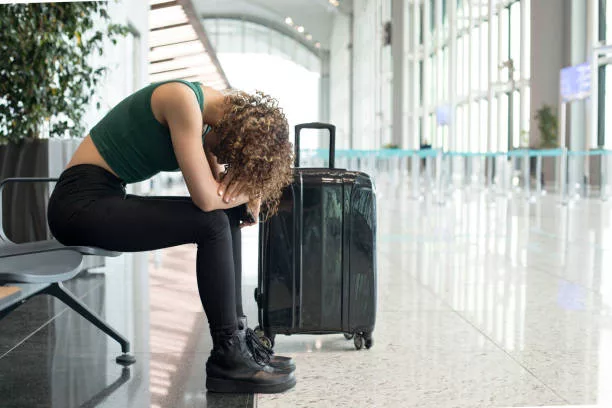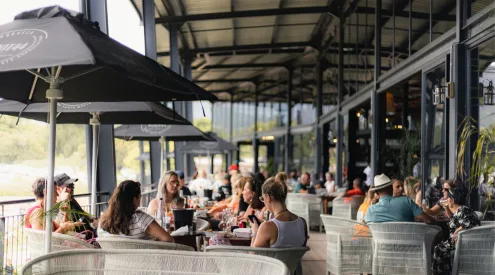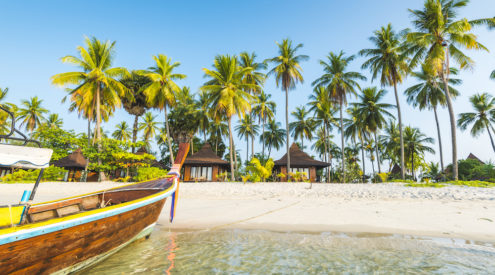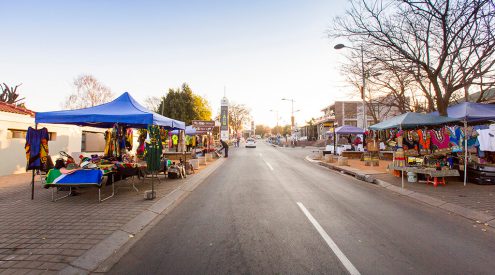Travelling is exciting. However, it can also be quite exhausting.
Long trips, an absence of stability and routine, as well as travelling more than you are resting are just a few of the many factors which can contribute towards travel fatigue.
Although the exhaustion and body aches that often come with travel fatigue can very quickly suck all the fun out of your trip, this doesn’t have to be the case.

Picture: Sourced / iStock
Regardless of your mode of travel, it is important to take necessary measures to manage the symptoms of travel fatigue.
Here are just a few ways in which you can deal with travel fatigue:
Be intentional about sleep
Travelling can disrupt your sleeping patterns. This will make it harder for you to get a good night’s sleep. However, adequate and good quality sleep remains important.
Be intentional about creating an environment that is conducive for sleep by blocking out any noise, as well as any bright lights that may make it difficult for you to fall asleep. If you are staying at a hotel, communicate your sleep needs to the staff to create a comfortable sleep environment.
Exercise and keep fit
Regular exercise is important for physical and mental health. Getting some physical activity in before, during and after your trip can help to ease the symptoms of travel fatigue.
Always ensure that you stretch and move your body to alleviate muscle tension. If the hotel which you are booked into has a gym or other exercise facilities, make use of them. Walking is also important and helpful.
ALSO READ: Women-only African adventure getaways
Stay hydrated
Travelling can cause dehydration, especially when you are travelling long distances. In an effort to avoid bathroom breaks, you may find yourself choosing to limit your water intake.
This is a choice you need to reconsider, as proper hydration may help in managing travel fatigue symptoms.
Ensure that you attend to your body’s needs by drinking enough water. If you will be out and about as you explore, carry a water bottle with you.
Pay attention to your diet
When you don’t have access to your kitchen which is fully stocked with nutritious food, it can be very easy to slip into a poor diet.
However, the food you eat plays a huge role when it comes to managing travel fatigue. Thus, it is essential to be intentional about what you consume.
A poor diet can sap your energy and contribute to your overall sluggishness. Try your best to eat food that is healthy and high in nutritional value. It is also beneficial to limit your alcohol and sugar intake, as well as fizzy drinks.
Follow us on social media for more travel news, inspiration, and guides. You can also tag us to be featured.
TikTok | Instagram | Facebook | Twitter
ALSO READ: Tips for keeping luggage safe when travelling
















